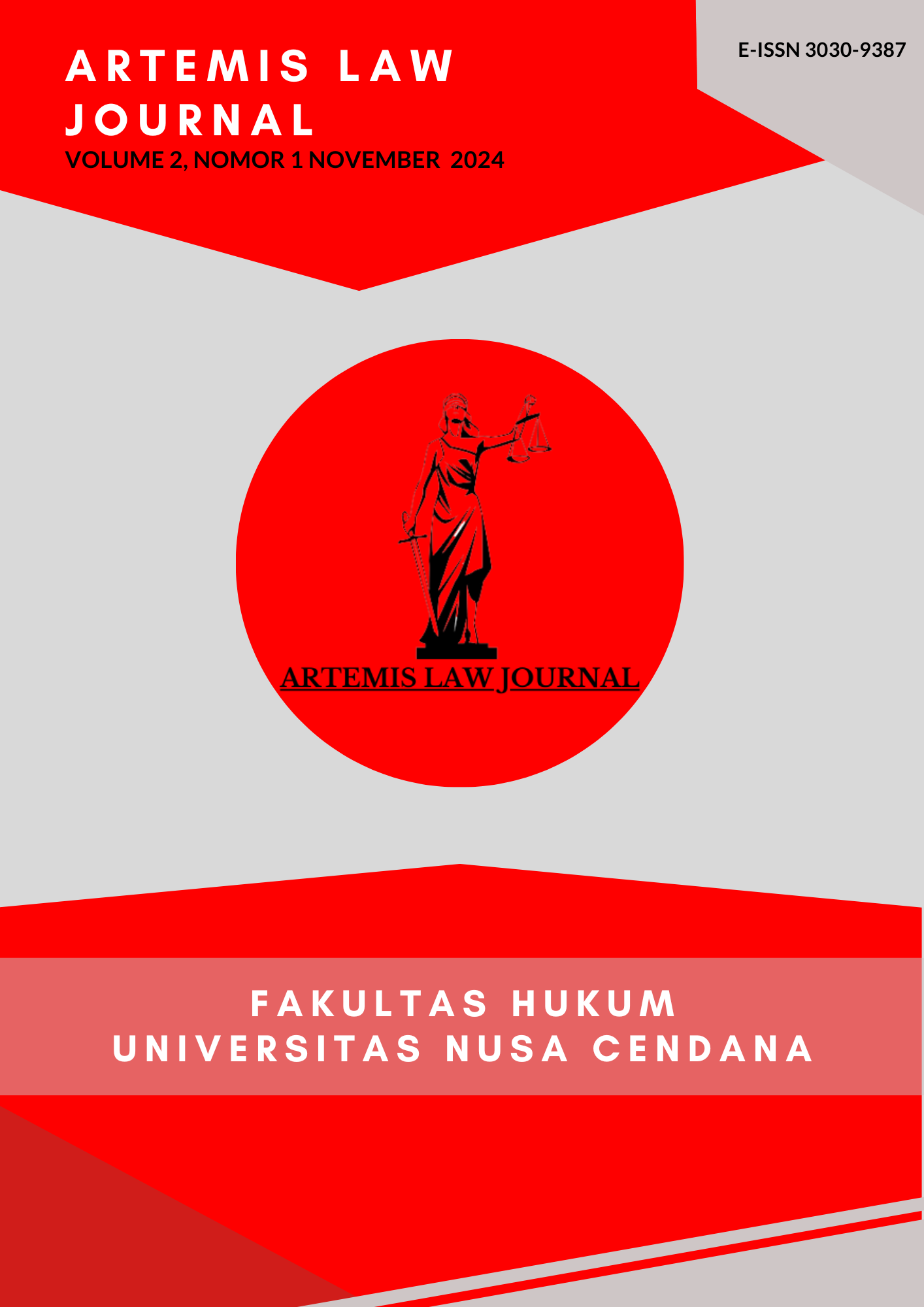Tinjauan Yuridis Pelaksanaan Perjanjian Ekstradisi Indonesia-Malaysia (Studi Kasus: Djoko Soegiarto Tjandra)
Main Article Content
Abstract
Corruption is a complex and common problem faced by all countries. It's about the side effects of corruption that can shake up a country's life. Extradition itself refers to the process of returning a suspect who has committed a crime abroad and wishes to return to his or her home country. The extradition case against Djoko Tjandra is therefore itself an example of extradition practice. The arrest and custody of Djoko S. Tjandra was made possible through the cooperation of the National Police and the Royal Malaysian Police. Kabareskrim Polri Argo Yuwono confirmed that the national police will make arrests, which has proven the existence of "P2P" (police to police). Based on the previous description, future researchers will be interested in discussing this issue in the form of a scientific paper titled "Legal Analysis of the Extradition Treaty between the Government of Indonesia and the Government of the Kingdom of Malaysia (Case Study: Joko Sugiarto Jandra)" The question of this study is: Between Indonesia and Malaysia in the case of Joko Jandra How is the extradition treaty enforced? The method used in this study is the normative legal research method. Normative legal research is literary legal research. In normative legal research, library materials are the basis data classified as secondary data in (scientific research). The extradition mechanism imposes very stringent and onerous requirements and restrictions in the process of handing over and handing over offenders, but precisely within the honorable and ideal position of the extradition agency as a legal institution for the elimination of international crime.

